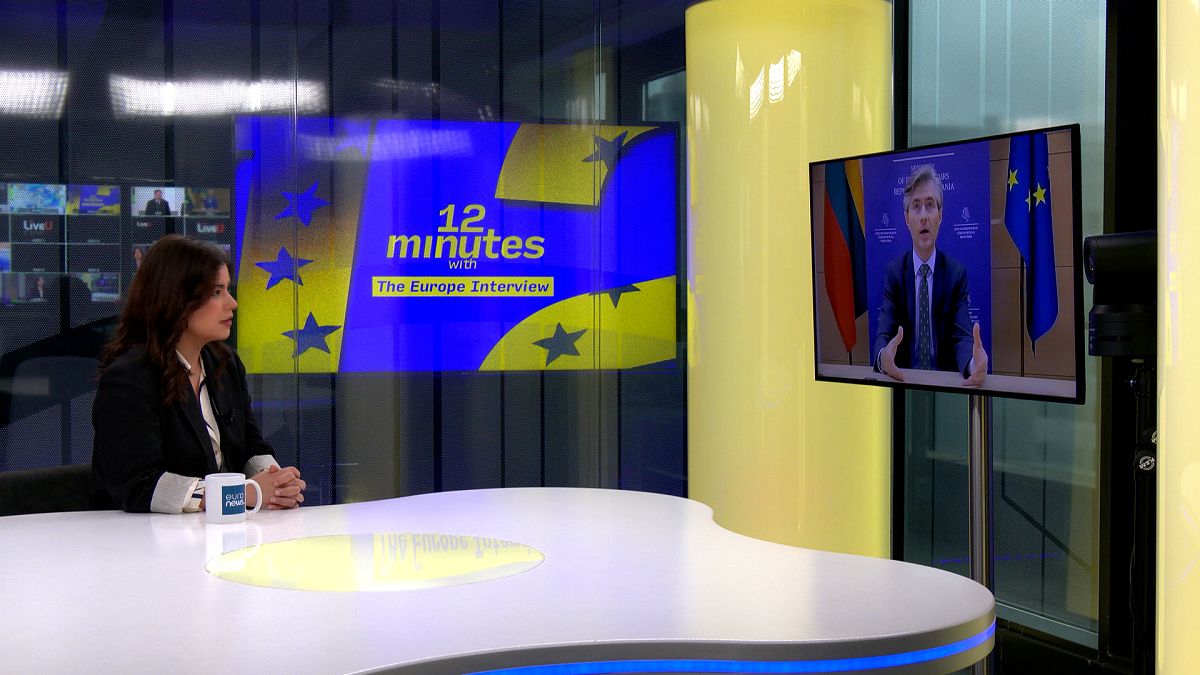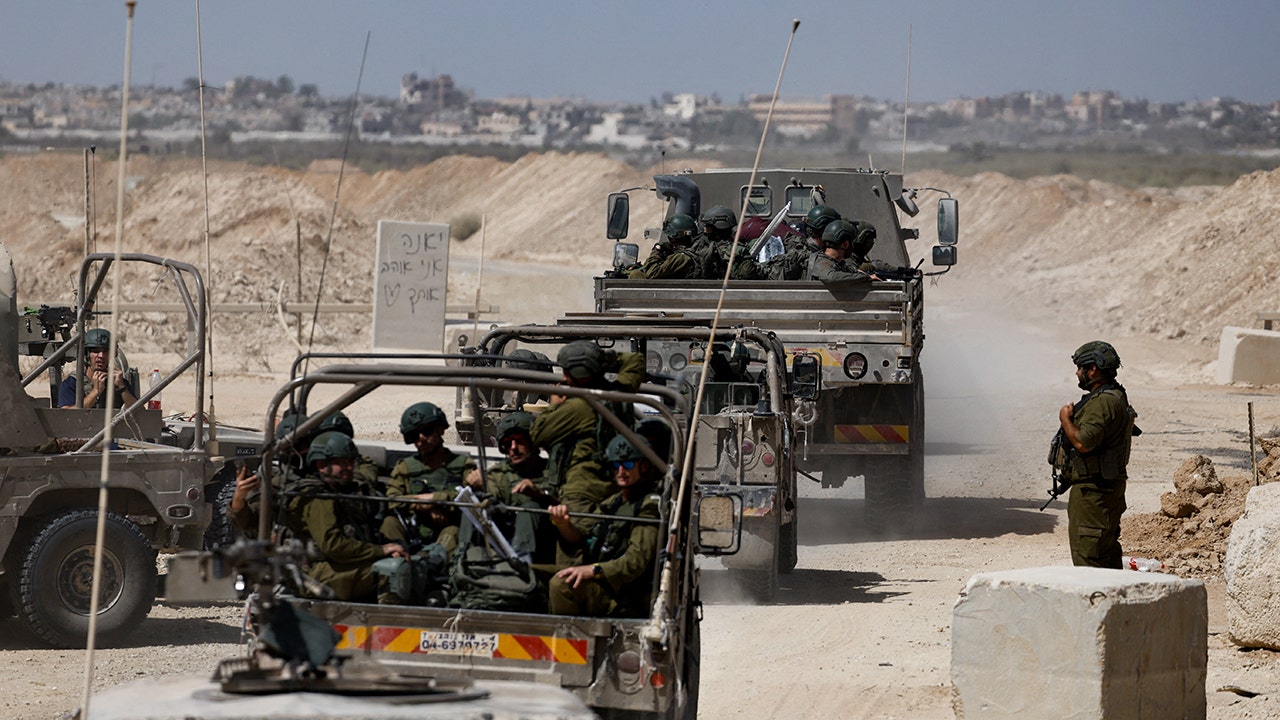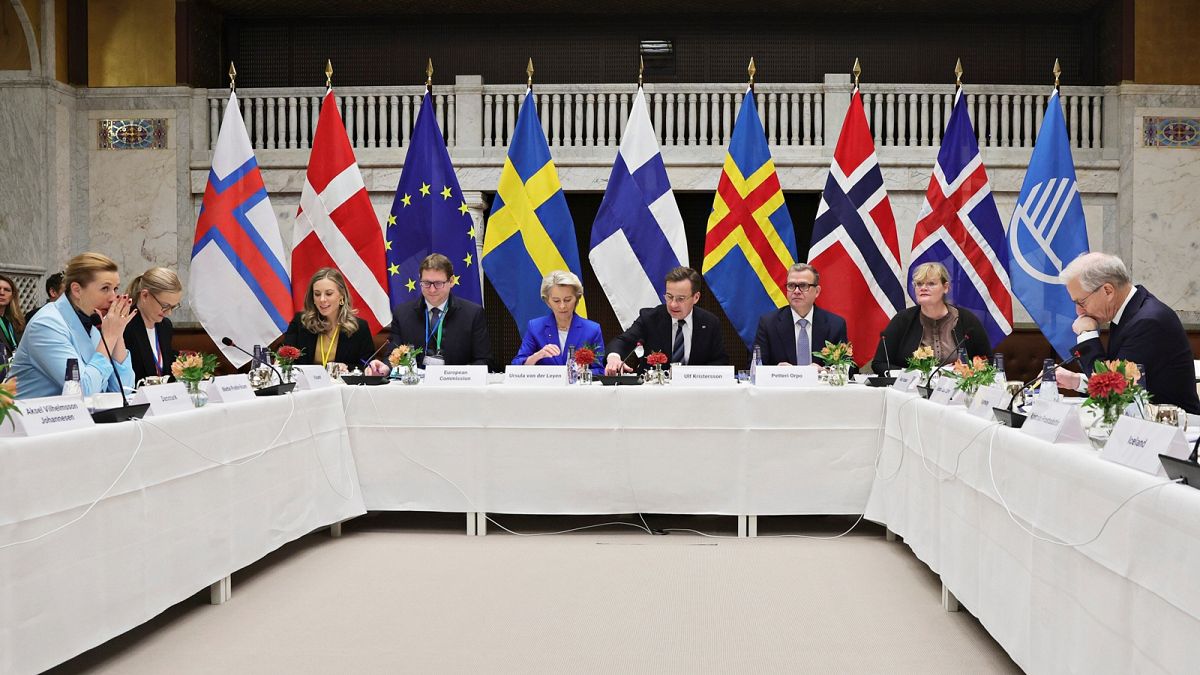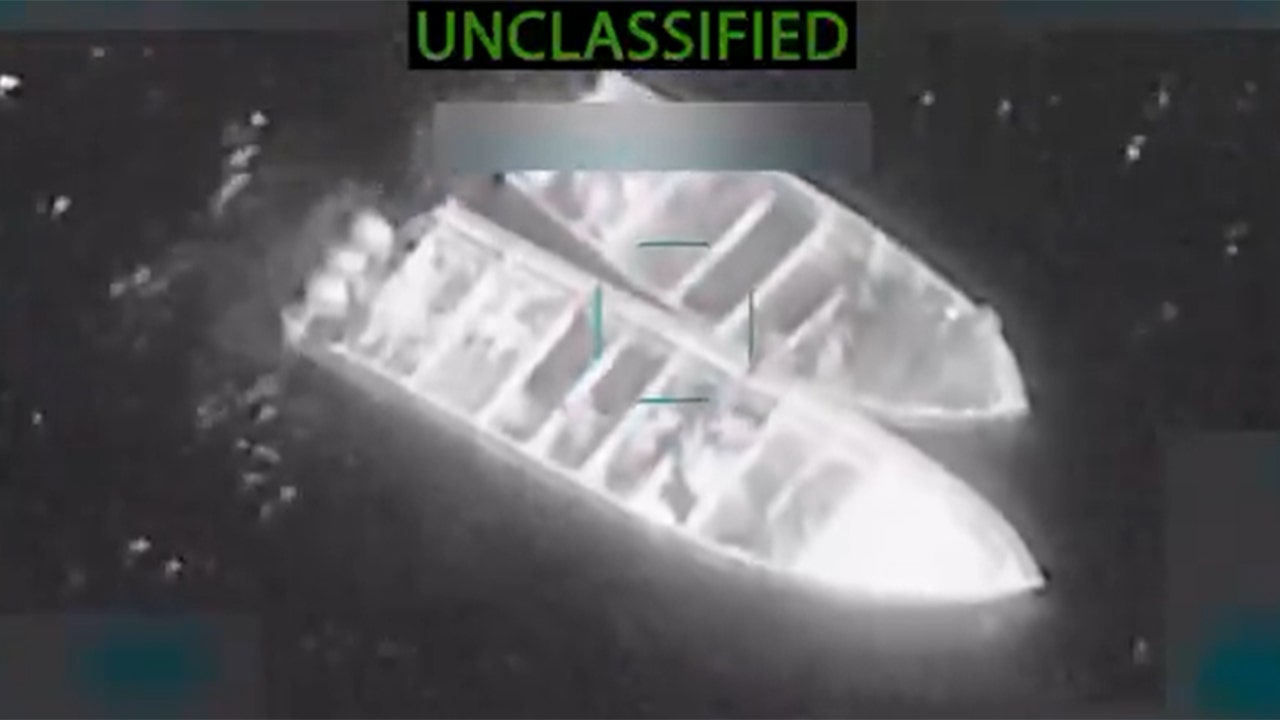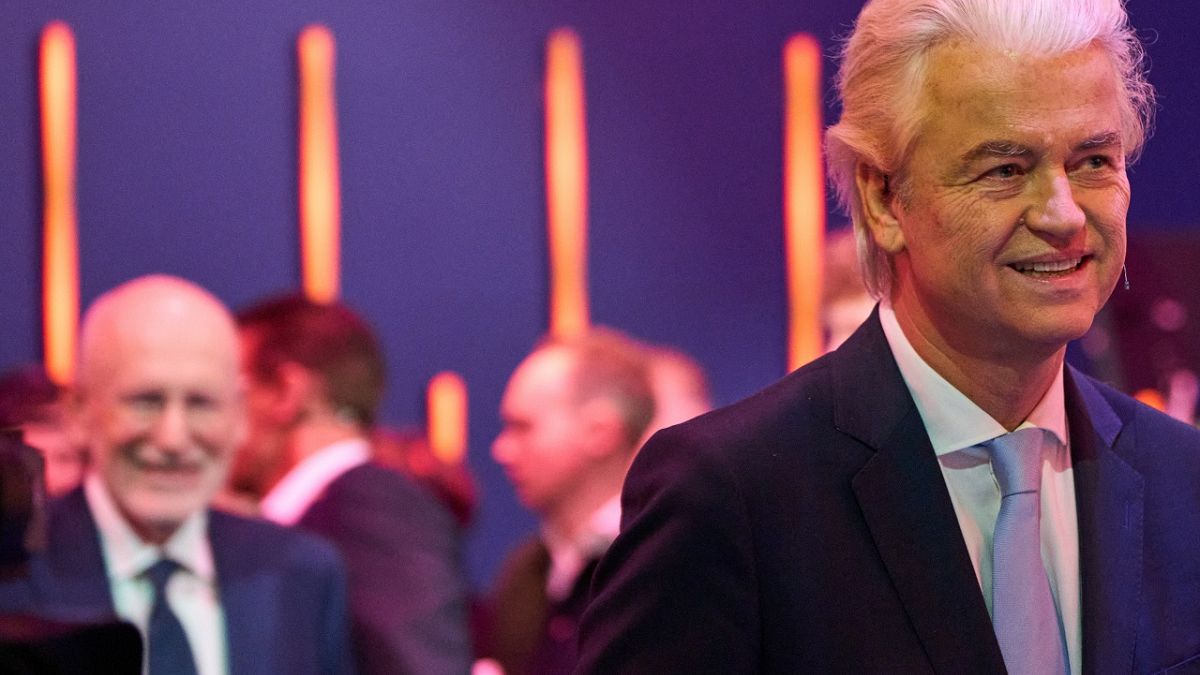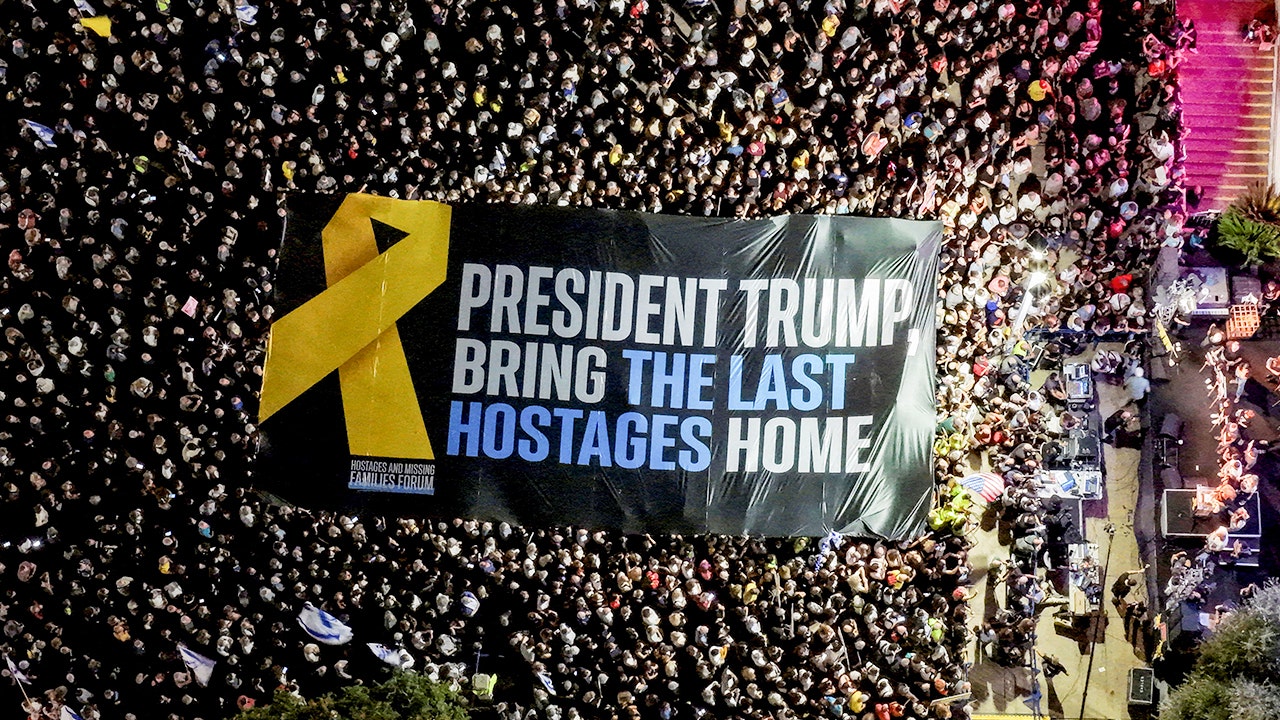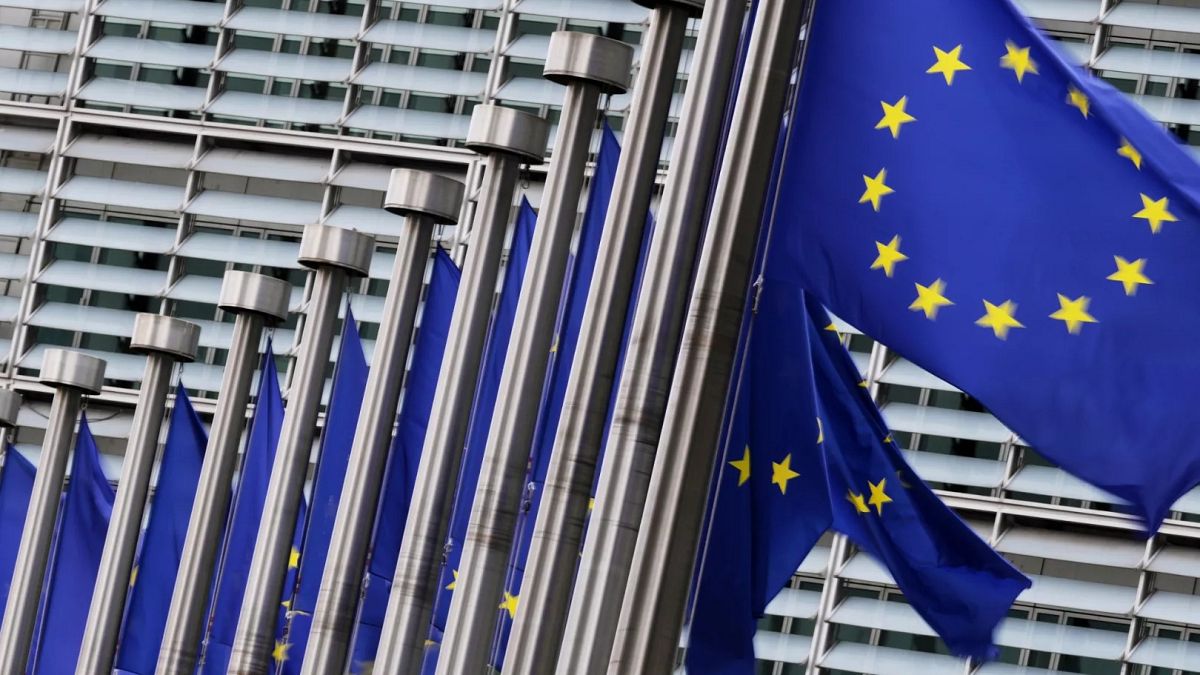Lithuania’s foreign minister Kęstutis Budrys has called on the European Union to deepen its sanctions against Belarus after a series of cigarette-smuggling balloon incursions into the country’s airspace.
“We want to see not only solidarity (…) we want the sanctions regime (of the EU) to be strengthened against Belarus,” Budrys told Euronews’ interview programme ”12 minutes with…’ on Tuesday, adding that Brussels should move to specifically target Minsk’s aviation and banking sectors.
He spoke hours after Lithuania temporarily closed its 680 km border with Belarus and ordered its military to shoot down intruding objects. It came after a raft of balloon incursions forced the repeated closures of Lithuanian airports last week, affecting at least 175 flights and 27,000 passengers.
“The Belarusian regime has to feel the consequences of the activites that they do. Otherwise tomorrow they will take something else and they will instrumentalise it and weaponise it,” Budrys explained.
“If we cannot deter (…) then we are moving through a spiral of escalation.”
Earlier on Tueday, European Commission President Ursula von der Leyen expressed her “full solidarity” with Lithuania but did not mention specific repercussions for Belarus.
Led by Putin ally Aliaksandr Lukashenka, Belarus already faces EU sanctions in response to its autocratic drift and complicity in Russia’s war of aggression against Ukraine. The country recently secured the easing of US sanctions in exchange for the release of political prisoners in a move seen as a rapprochement towards the Trump administration.
Lithuania sees the smuggler balloons as part of a hybrid attack against the country. Belarus has previously provided a staging ground for hybrid warfare, accused of pushing thousands of would-be asylum seekers across the Polish and Lithuanian borders in a bid to sow chaos and deepen divides.
But Budrys declined to directly attribute the incidents to the Kremlin at this stage, preferring to point the finger at the Belarusian regime.
“We see that these are the actions of the Belarusian regime right now,” he explained. “Of course it plays into the hands of Russia and the consequences are the same as those they are trying to impose with their GRU (Russian secret service) operations in our region.”
‘It will go deeper into Europe’
The balloons are the latest in a series of provocations attributed by the West to the Kremlin and its proxies in recent weeks, with a sharp uptick in drone sightings across Europe’s east and deeper within the continent, including Denmark, Belgium and Germany.
Minister Bydrus called on the EU to move swiftly with its range of defence initiatives to protect the eastern flank from such incursions, despite the divisionsthat have emerged over the scale and speed of the efforts.
The European Commission recently announced new plans to address the emerging threat, including the Eastern Flank Watch and the European Drone Defence Initiative.
Frontline Baltic states are amongst the biggest proponents of the plans, while other larger member states have voiced scepticism about their feasibility.
“if someone has doubts why to invest here (on the eastern flank) then that person or that country will see the consequences in their land,” Bydrus said, in an apparent jab as Western European countries. “Because it will go deeper into Europe (…) If we cannot counter it on the front line, it will go inside.”
“So it’s time to invest here and to build the resilience that can be then copied elsewhere in the in continental Europe.”
Last Thursday, Lithuania also documented the brief incursion of two Russian military aircrafts into its airspace from the Russian enclave of Kaliningrad. Two Spanish Eurofighter Typhoon jets from the NATO Baltic Air Police were scrambled in response.
Read the full article here








